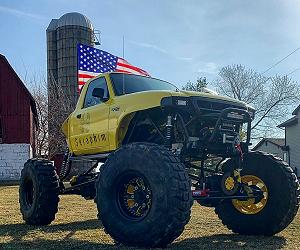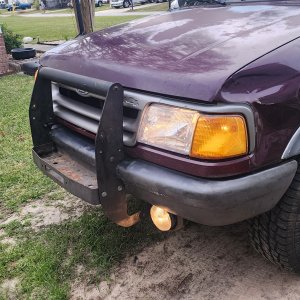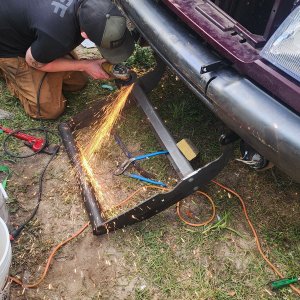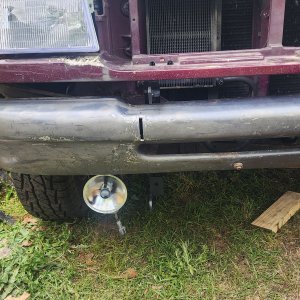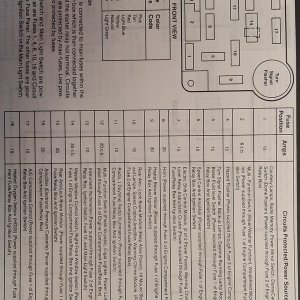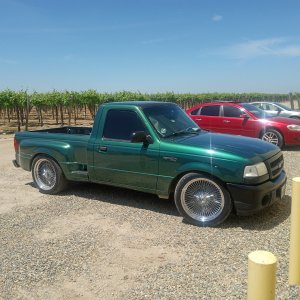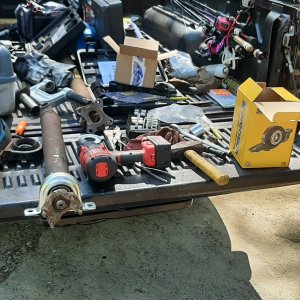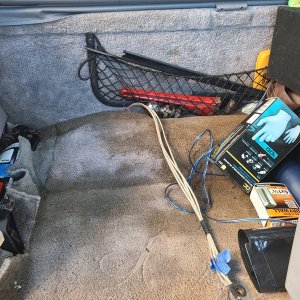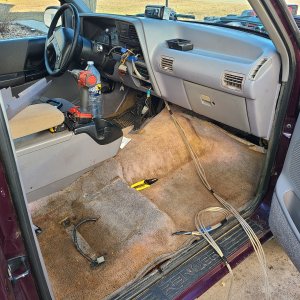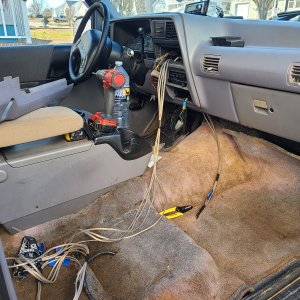adsm08
Senior Master Grease Monkey
Supporting Member
Article Contributor
Ford Technician
TRS 20th Anniversary
- Joined
- Sep 20, 2009
- Messages
- 34,623
- Reaction score
- 3,613
- Points
- 113
- Location
- Dillsburg PA
- Vehicle Year
- 1987
- Make / Model
- Ford
- Engine Type
- 4.0 V6
- Engine Size
- 4.0
- Transmission
- Manual
- 2WD / 4WD
- 4WD
- Tire Size
- 31X10.50X15
I have to think it is a bearing issue, and most likely caused by lube issues.I'm curious what the root cause of the failure is:
Does the bearing fail (lubrication problems?) causing too much drag, and excessive wear on the gear?
Is the gear too soft, eventually wearing badly and causing side thrust on the bearing?
Bevel gears need to slip as they turn - is it a lubrication problem causing gear wear?
And how did Ford screw up a distributor drive, which was worked out 75 years ago?
The gears are lubed directly by the main oil system, and the same parts used in the distributors that didn't seem to have this issue. The bearing is probably lighter since it shouldn't have as much load on it. It isn't a huge difference in weight, but the distributor's vane wheel and rotor weigh more than the little vane jobby on the syncro.

